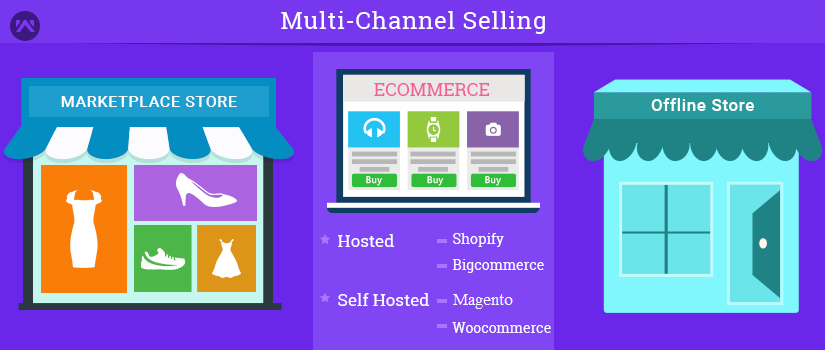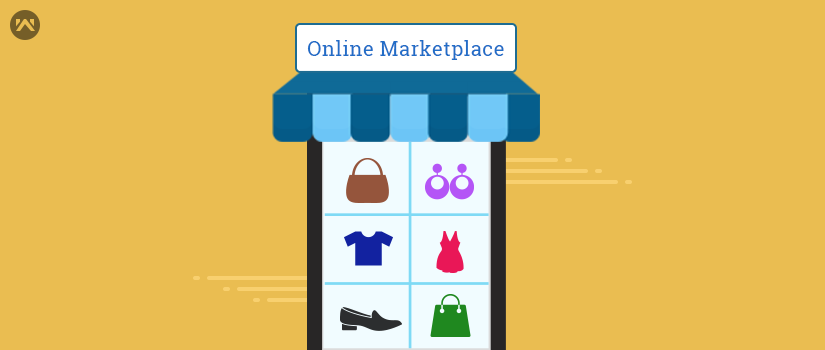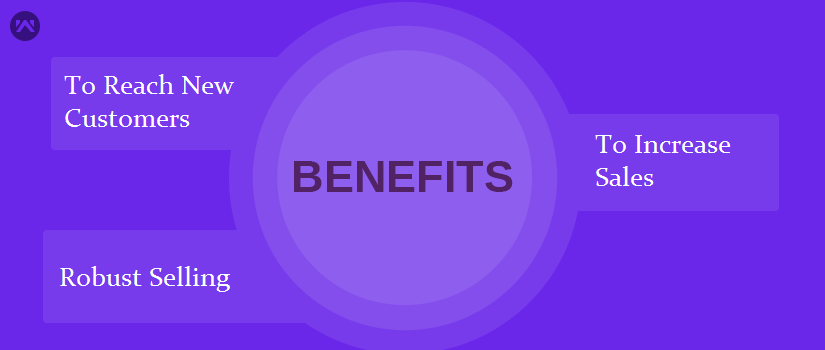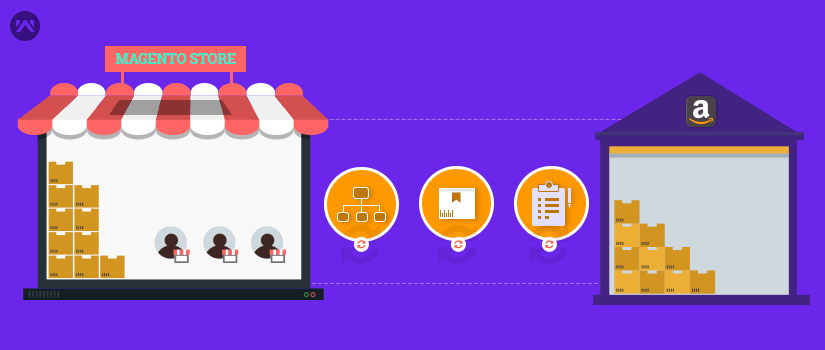Selling on multiple platforms is means to do Multichannel selling. Multichannel selling is also known as Omnichannel selling.
It is having your products for sale on multiple platforms, including e-commerce platforms, various marketplaces, and offline.
This allows sellers to make their products more visible to customers by selling the same products on various marketplaces.
The trend is changing in how retailer sells their product before and now.
The International convergence of tastes of consumers with improvements in technology and efficient logistics brings a lot of bargaining power in hands of the consumer.
Resulting in shifting their focus from brick and motor retail stores to multichannel offerings. As more consumers are Rational buyers the shifts could be on the basis of Low price, Creditworthiness, Previous experience, User ratings etc.
Multichannel Selling Channels
So till now, we have discussed what is multichannel selling. Now we’ll see what channels are available for the sellers to choose from and sell their products on them.
There are benefits and drawbacks of the different e-commerce platforms, marketplaces, and offline selling.
Ecommerce Platforms
E-commerce platforms are the online selling store equivalent of your “retail shop”. This way seller can create their own Webstore and sell their products on it. The two types of e-commerce platforms are: hosted or self-hosted.
Hosted Ecommerce
This is a software subscription service model where you pay a company to manage the technical side of your e-commerce store.
They are cloud solutions, where the company manages the server configuration, the bulk of the coding, and the security of the site.
The user can access their store from a web browser to design, launch, and run their online store. Two hosted e-commerce sites in the spotlight are Shopify and BigCommerce.
Self-hosted Ecommerce
This method requires the entrepreneur and his team to manage the server hosting and code of the website.
This allows for more customization, but a knowledge base of coding by you or someone on your team is needed. Two of the main self-hosted e-commerce sites are Magento and WooCommerce.
Marketplaces
An online marketplace (or e-commerce marketplace) is a type of e-commerce site where product or service information is provided by multiple third parties.
Whereas transactions are processed by the marketplace operator. Online marketplaces are the primary type of multichannel e-commerce and can be described as a “simple and convenient portal” to streamline the production process.
In an online marketplace, consumer transactions are processed by the marketplace operator and then delivered and fulfilled by the participating retailers or wholesalers (often called drop shipping).
The top marketplaces for online sellers are Amazon, eBay, Flipkart, Etsy, Jumia, Konga, and many more.
Offline Sales
In this technological era as a major chunk of business is taking place through online channels but the importance of offline channel sales can’t be missed in this.
As there is the category of consumers i.e., laggards who do not rely on technology and prefer buying through offline channels the other could be the conservative rational consumers which always prefer the sense of tangibility i.e., the touch and feel method.
Why Selling on Multiple Sales Channels is Beneficial for Sellers?
Selling on multiple channels lets any seller target more customers and hence increase their customer base.
The main reasons for considering multichannel selling are:
To Reach New Customers
Consumers have their preferences when wanting to go for any purchase. Some choose the typical retail stores while others choose some e-commerce stores or marketplaces.
While online purchasing also consumers trust some marketplaces more than another. A consumer might go for Amazon or eBay instead of going to a particular e-commerce store.
This way selling on multiple platforms allows sellers to target and reach new customers.
To Increase Sales
The customer is the central entity for any business, the higher the penetration the higher it will help you generate more revenue.
According to the Stitch’s research selling on a branded site plus at least one online marketplace makes 38% more revenue. And retailers who added a second marketplace saw a revenue increase of 120%.
Robust Selling
Multichannel selling helps in keeping the sales flow intact even when the sales from one platform decrease or become very low.
Diversifying is key here, diversification among the selling platforms is very critical in the ever-changing world of e-commerce.
Multi-Channel Selling with Magento 2
So till now we have discussed and learned about Multichannel Selling and its benefits, so why wait now, let’s talk about how you can introduce multichannel selling with your Magento 2 Store.
We, Webkul, have introduced add-ons which allow you to connect and manage your Amazon shop, eBay account and Etsy account from your Magento 2 store only.
These add-ons provide you with a multi-channel selling platform. Managing and fulfilling orders across channels on your own is time-consuming and complex and can add to your operational costs.
So using multi-channel selling, you can manage them all from a single platform.
According to research done by Stitch, “Customers selling on Amazon have more average orders than any other channel or marketplace.
And retailers who sell only on Amazon have more than 4x as many orders as retailers who sell through either eBay or a shopping cart.”
So as selling on Amazon could be a great option for any seller, you can use our Amazon Connector for Magento 2 which integrates your Magento store with your Amazon Seller account.
Using this add-on multiple Amazon accounts can connect with the Magento store and sellers can easily manage all their products and orders from one place only.
Also, allowing your customers to connect and shop with you using their smartphones and tablets is the best way to engage your customers.
We have made an app builder for Magento 2 i.e. Mobile App so that you can provide the application to your customers. With the help of Mobikul, you can create your own Mobile App for both Android and iOS for your Magento 2 store.
Multichannel selling lets you reach more customers. The customers who shop at your online store may not live in the same area as your brick-and-mortar.
Customers who find your products through a marketplace, like Amazon, might not have ever heard about your online store otherwise. As your customer base grows, so will your revenue.
That’s all for the Multi-Channel Selling with Amazon Magento 2 Integration article. If you need more assistance, contact our team over email, ticket or chat.






Be the first to comment.